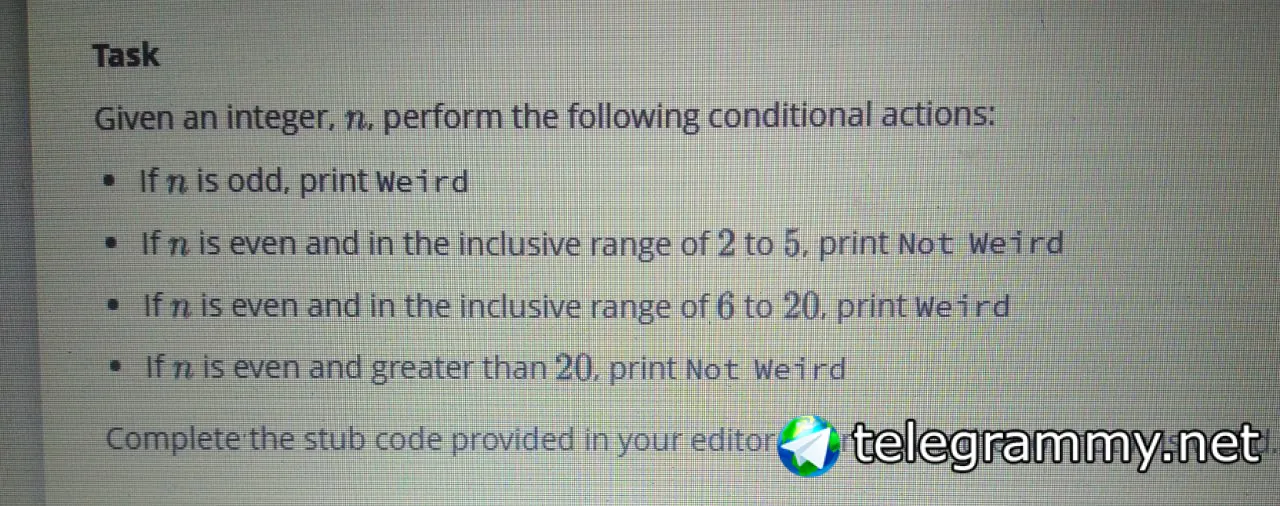 Anonymous
Anonymous
nobody ever taught me whats lambda and how it looks like so KEK
Lies
What about the docs ?
 olli
olli
ok.. anyone prefers that
void Get(Object& out)
over that
Object Get()
What does Get do? If you need a function, different from the constructor, to setup your object I would expect that function to instantiate it as well. Due to rvo the performance might not differ at all
 Dima
Dima
Object Get() { return Object(); } vs
Object obj; Get(obj);
void Get(Object& out) { /* work with out there */ }
 olli
olli
However, is it not possible to perform the get functionality inside your constructor? (In case you are only creating the temporary object to perform the get Operation)
So would only need to write
Object o;
 Dima
Dima
I have something with string manipulations
like String cpuName;
and calling some platform-depend stuff like cpuName = Platform::GetCpuName.. and so on
 Jussi
Jussi
CODEBLOCKS isn't installing in my lappy
Can anyone please help
yeah,
1. download any linux distro
2. install it and remove windows
3. use gnu compiler collection
 Jussi
Jussi
Is socket buffer a circular buffer? Is the buffer in single direction?
depends on socket implementation I guess :D
 hyp3rbor3ax
hyp3rbor3ax

 Anonymous
Anonymous
How can you learn something if you ask other to do your learning ?
Ok thanks for suggestion
 many
many
depends on socket implementation I guess :D
Is there a way to achieve bi-directional with the same socket at the same time?
 Max
Max
That means receive and send at the same time
simple socket is like that, it can both receive and send
 Manuele
Manuele
ok.. anyone prefers that
void Get(Object& out)
over that
Object Get()
if you need performances, the first for sure
 Manuele
Manuele
Even with rvo enabled?
it always depends with what type of data are you working. if you works with big structures, reference is faster, otherwise value
 Jussi
Jussi
ok.. anyone prefers that
void Get(Object& out)
over that
Object Get()
First is same as Object& Get()
 Manuele
Manuele
i need high parallelism performances with big tensors. with value, i lost more time by coping data than do the calculations
 many
many
ok.. anyone prefers that
void Get(Object& out)
over that
Object Get()
The second one makes a copy
 Dima
Dima
Without ref you always make a copy in cpp
But that’s what rvo is about, it does not create a copy
 olli
olli
okay, I see
But then it differs from void Get(Object &) since the class would be the owner of the object









 Maaf
Maaf